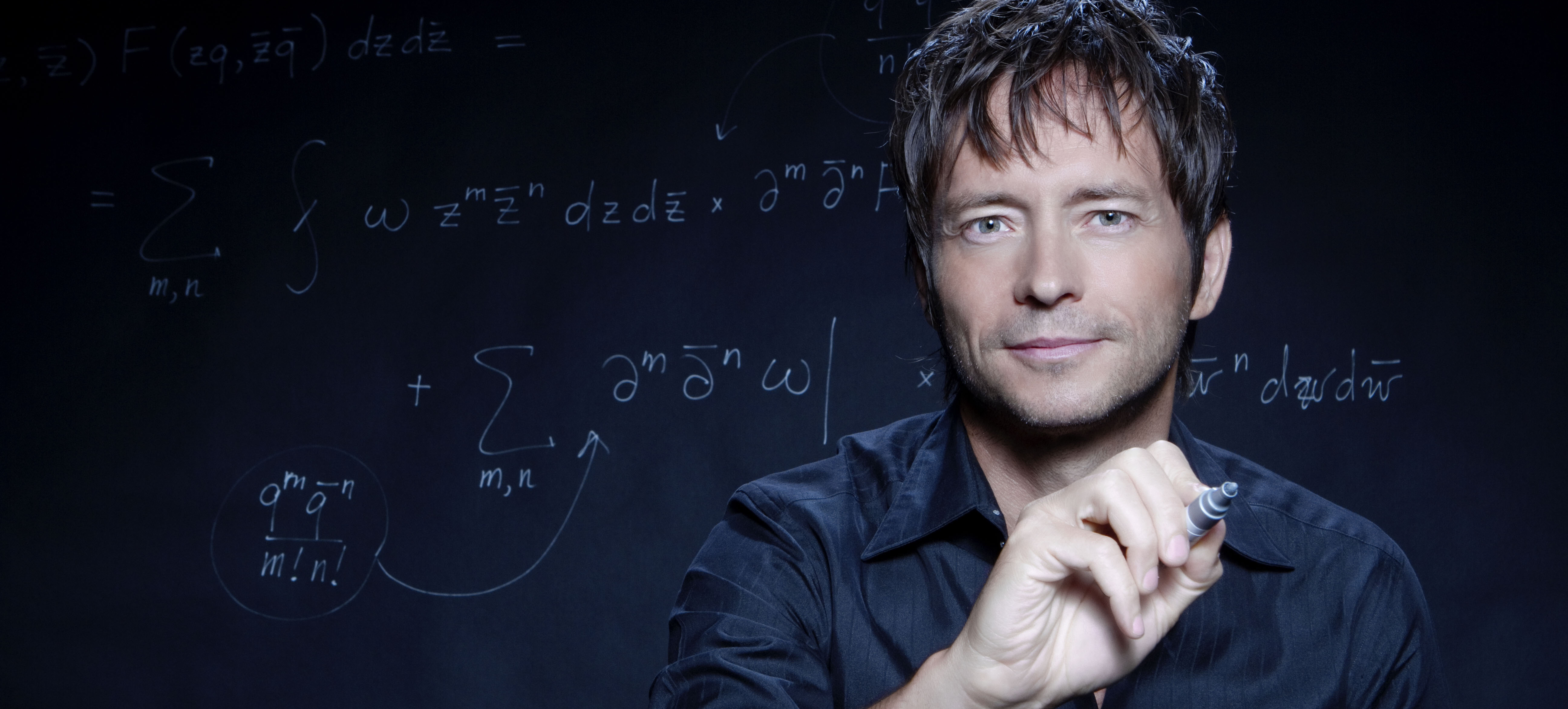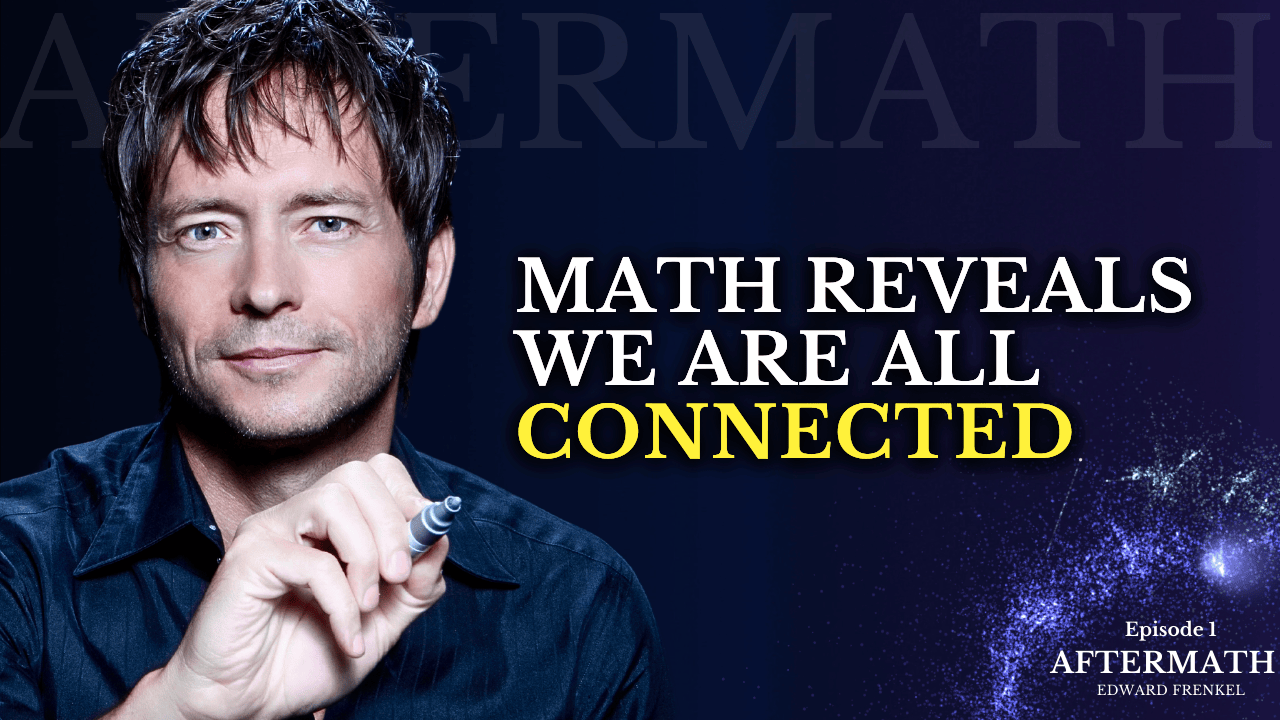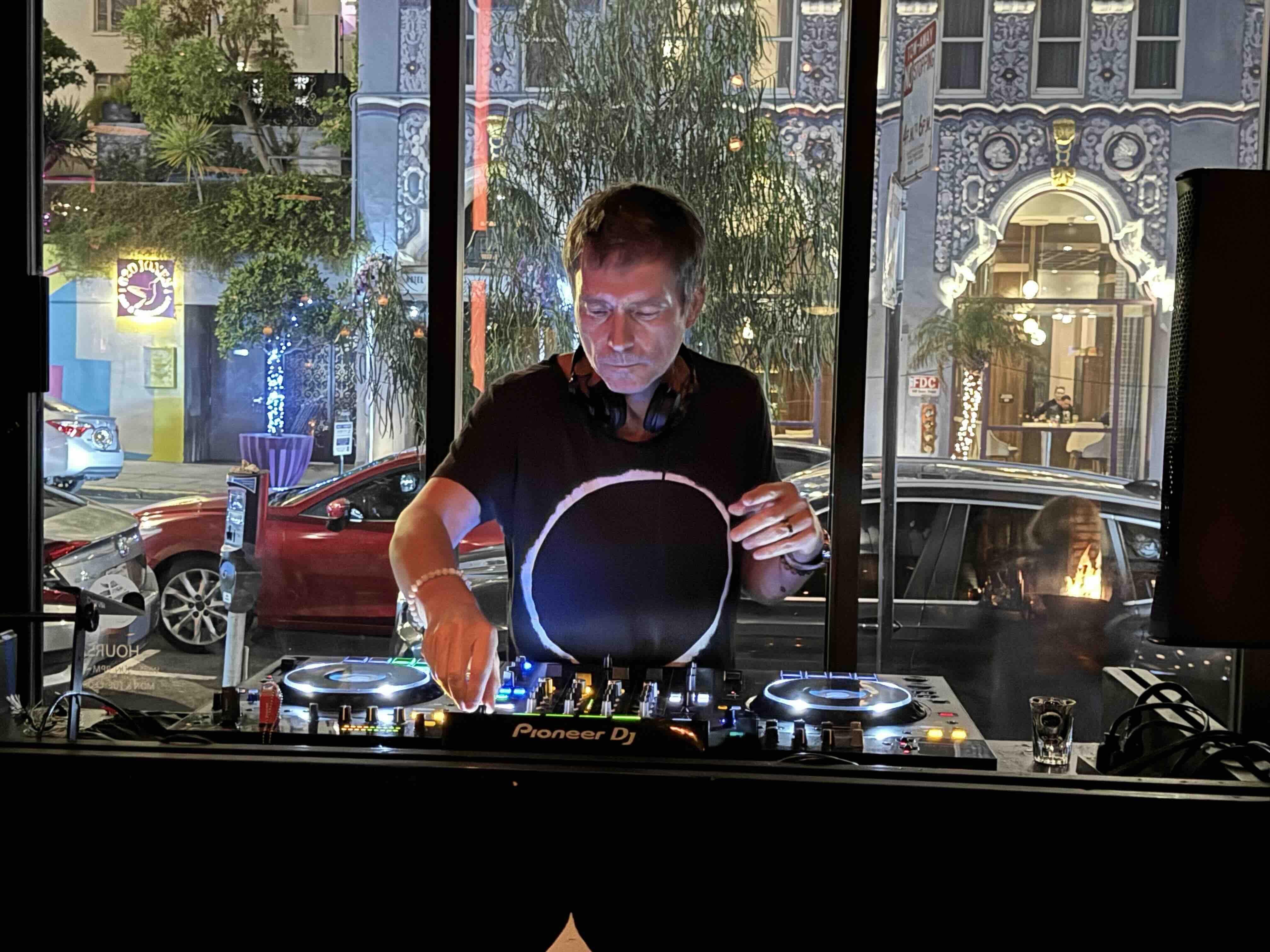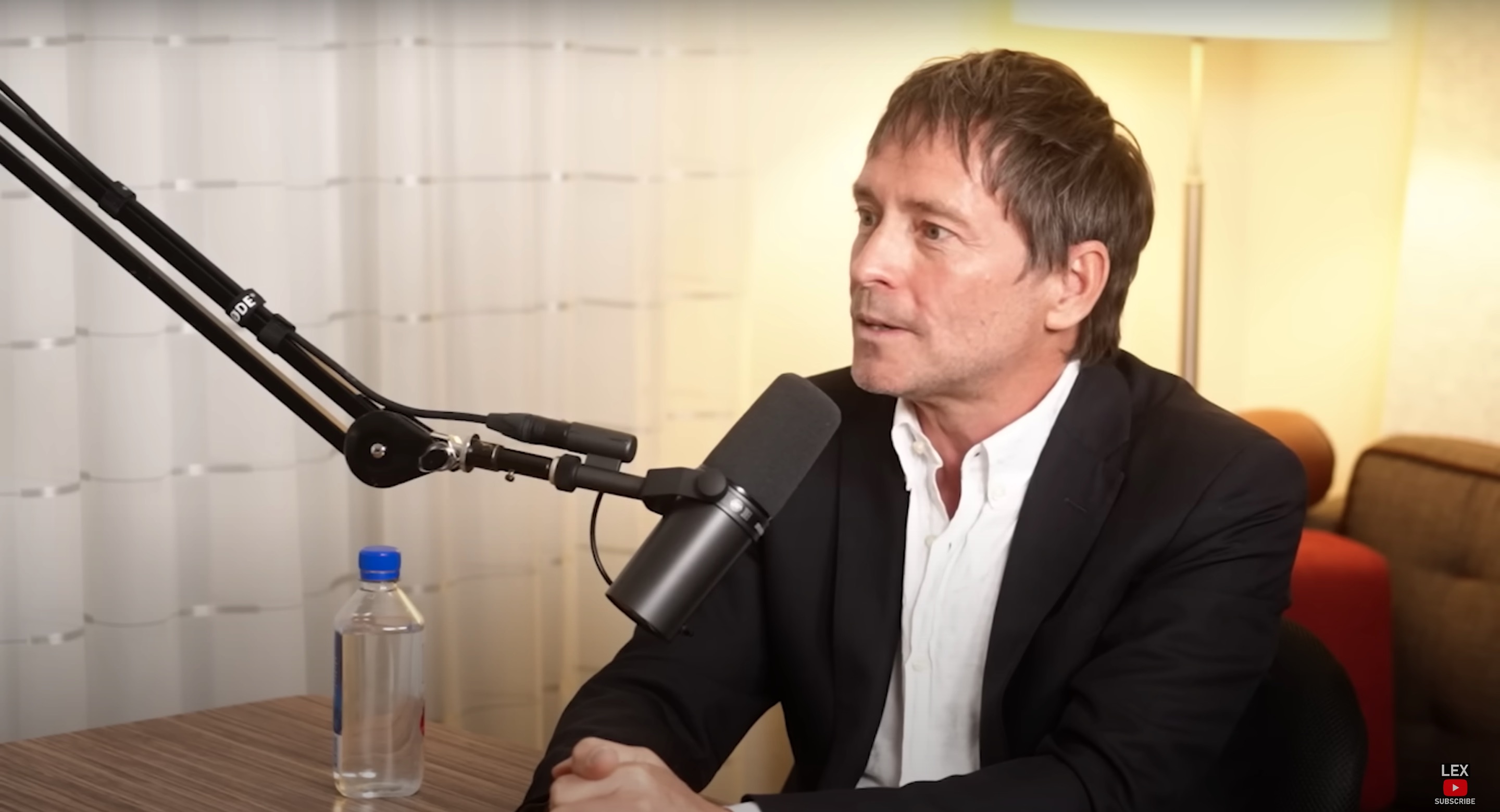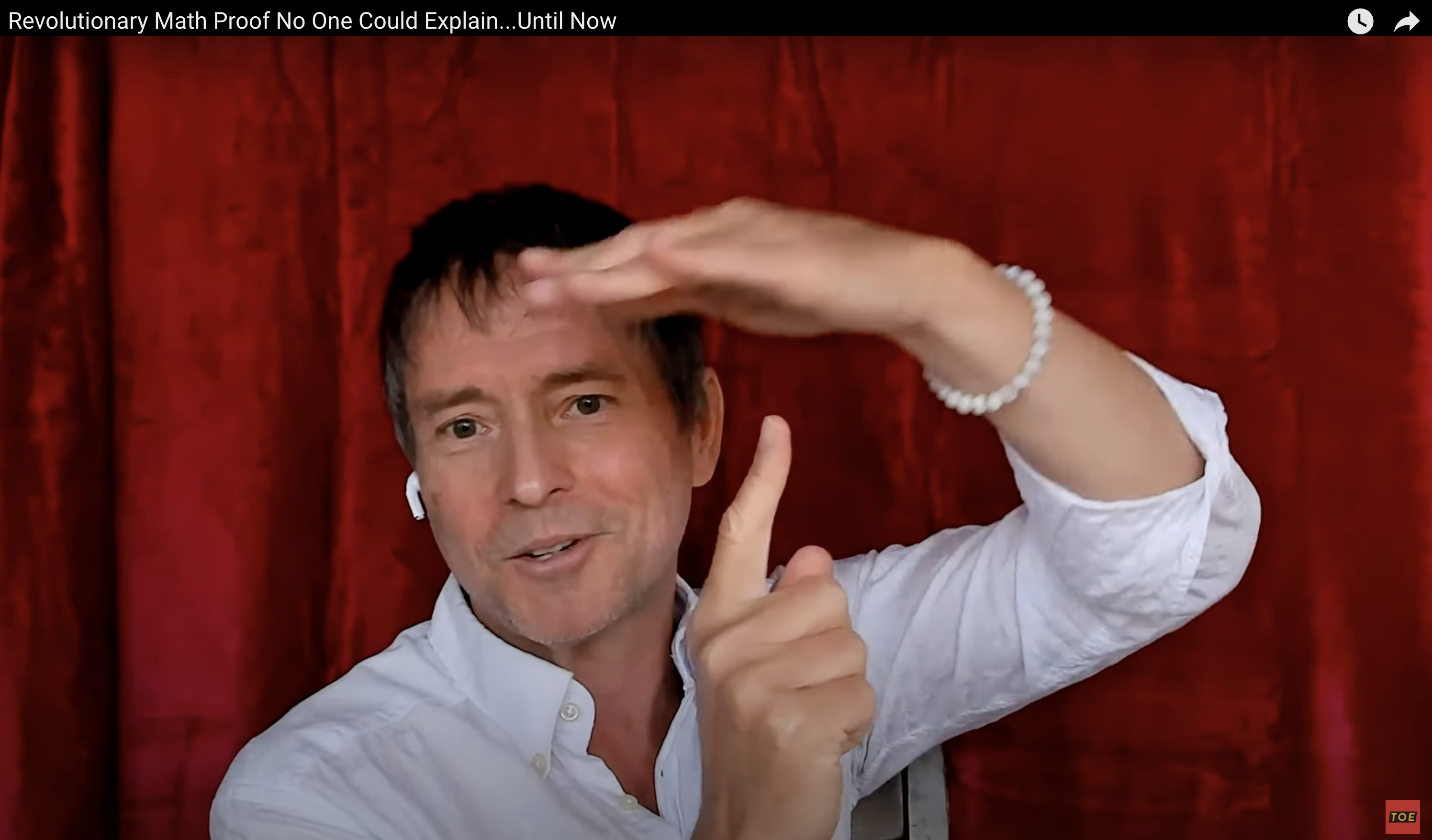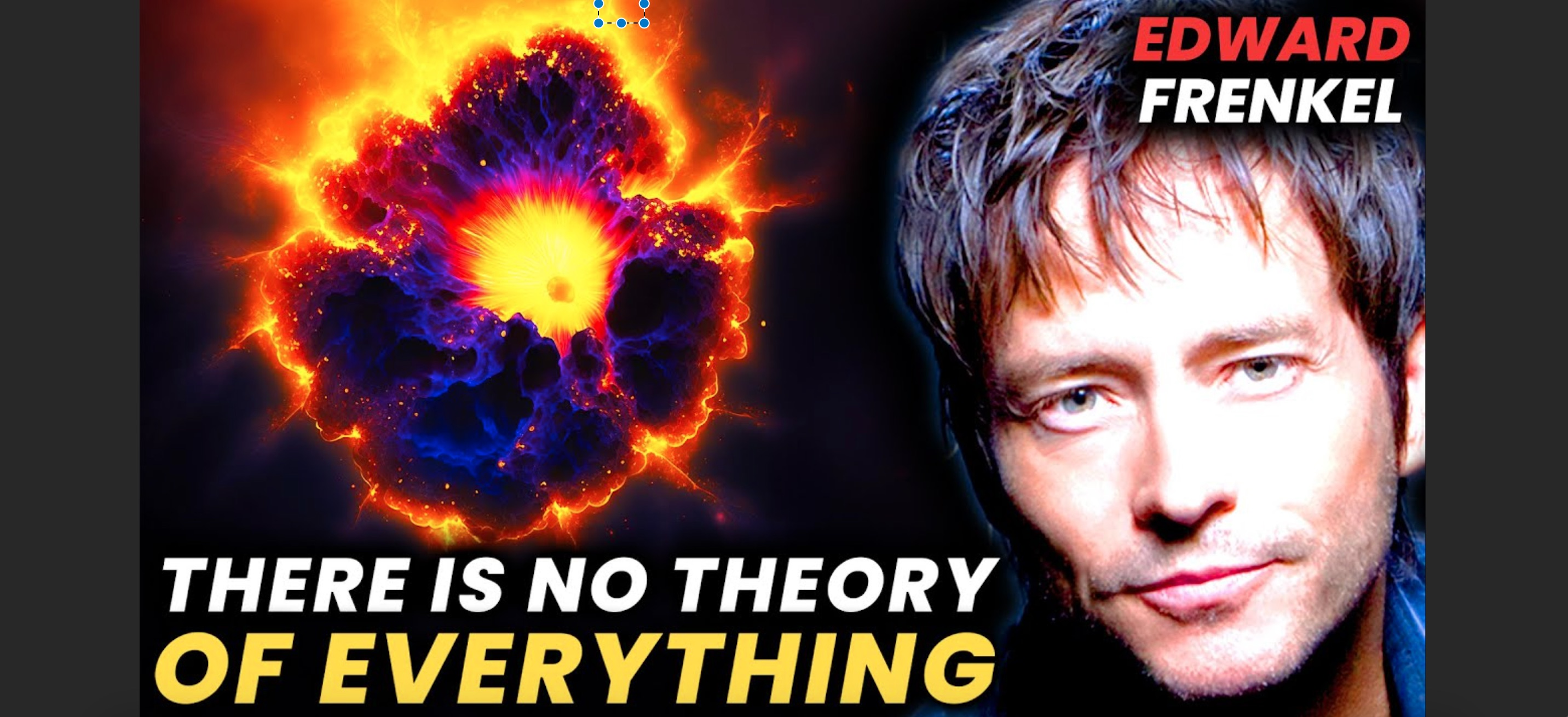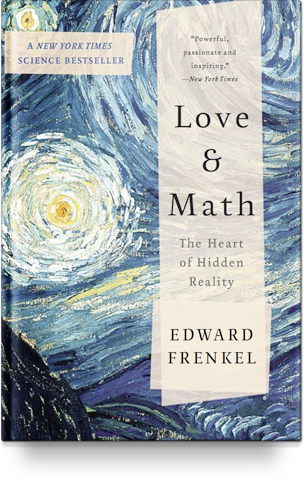Love and Math
A New York Times bestseller. Winner of the Euler Book Prize. Published in 20 languages.
“Powerful, passionate and inspiring.”
—New York Times
“winsome new memoir… this book is three things: a Platonic love letter to mathematics; an attempt to give the layman some idea of its most magnificent drama-in-progress; and an autobiographical account, by turns inspiring and droll, of how the author himself came to be a leading player in that drama.”
—New York Review of Books
“Love and Math is Edward Frenkel’s Lara poems… As is true for all the great Russian novels, you will find in Frenkel’s tale that one person’s individual story of love and overcoming adversity provides both a penetrating lens on society and a revealing mirror into the human mind.”
—Huffington Post
Recent Articles and Interviews
-
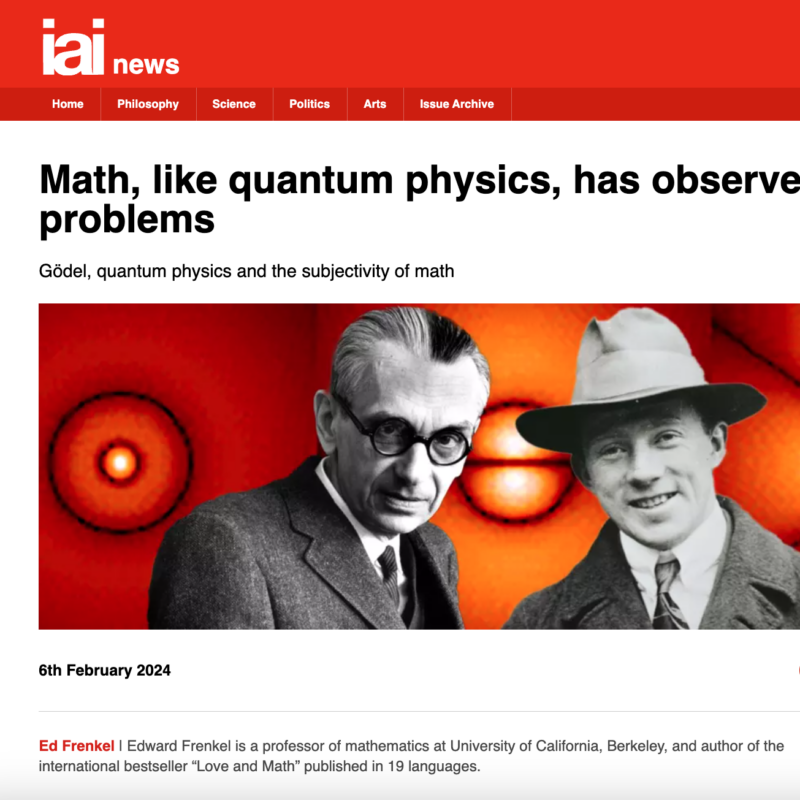
Math, like quantum physics, has observer problems
We are well aware by now of the observer problem in quantum mechanics. Human subjectivity appears to play a key role in the results of quantum experiments. However, the observer problem reaches far beyond just quantum mechanics.
-
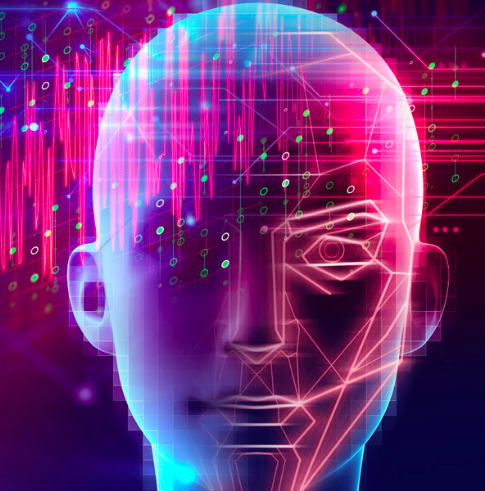
AI Safety: First Person Perspective
A chapter from a new academic volume on Artificial Intelligence
-

Imagination and Knowledge
Summary of Frenkel’s 2018 Einstein Public Lecture of the American Mathematical Society
-

Is the Universe a Simulation?
In this provocative Op-Ed in The New York Times, Edward Frenkel asks the question that’s been on the mind of many: should we be prepared to take the red pill?
-
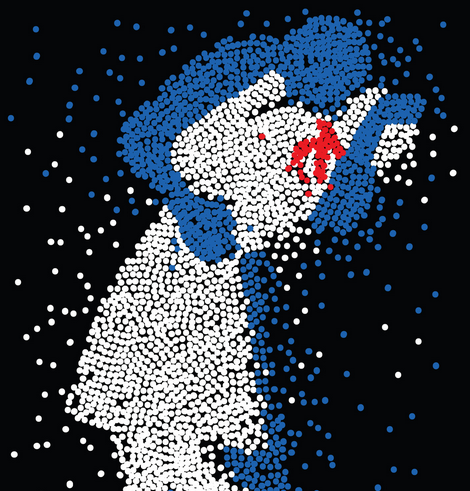
The Reality of Quantum Weirdness
Is there a fixed reality apart from our various observations of it? Or is reality nothing more than a kaleidoscope of infinite possibilities? New research in quantum physics supports the latter scenario.
-
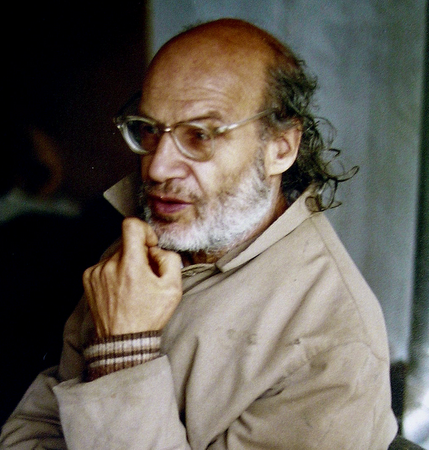
A Giant of Mathematics — and Life
A tribute to Alexander Grothendieck published in The New York Times. “A party of one, he was unafraid to be himself and to speak his truth. He taught us that life is more valuable than any equation.”
-
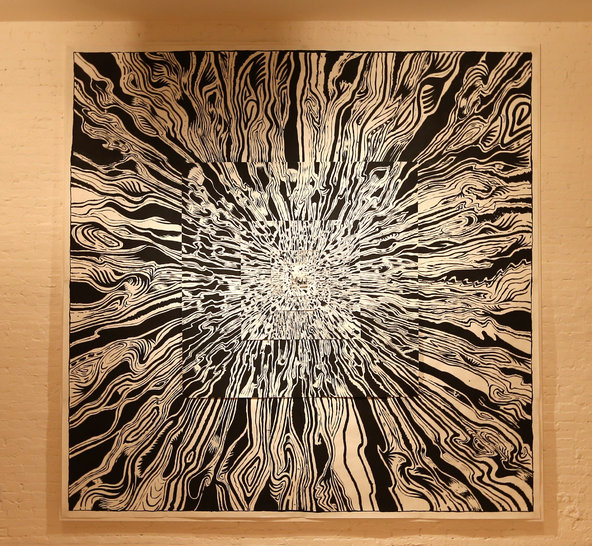
A Brief Introduction to Infinity by Edward Frenkel
“We have many ways to connect to infinity: through art, through poetry, through love. But mathematics gives us perhaps the most cerebral and logical way to connect to the infinite.”
-
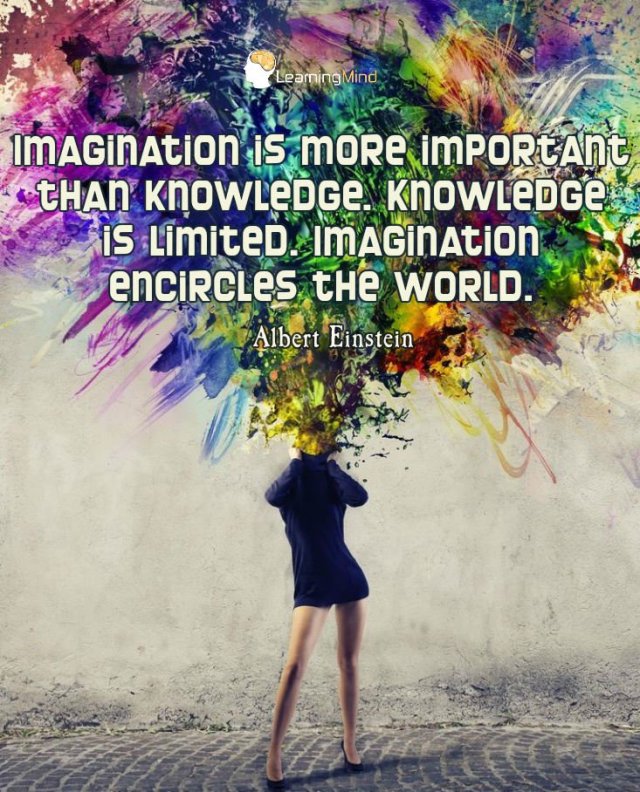
Imagination and Knowledge
A webinar given by Edward Frenkel in October 2017 for the Science and Nonduality community.
-
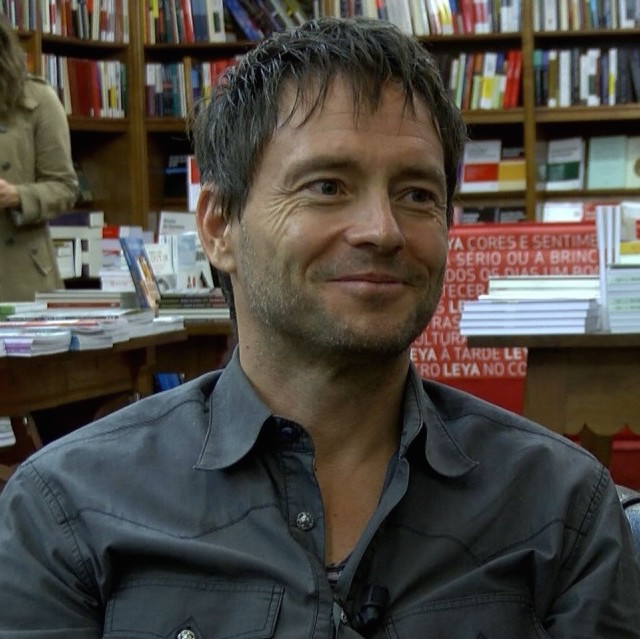
Life is not an Algorithm
Video interview (in English) with Portuguese newspaper Observador
-
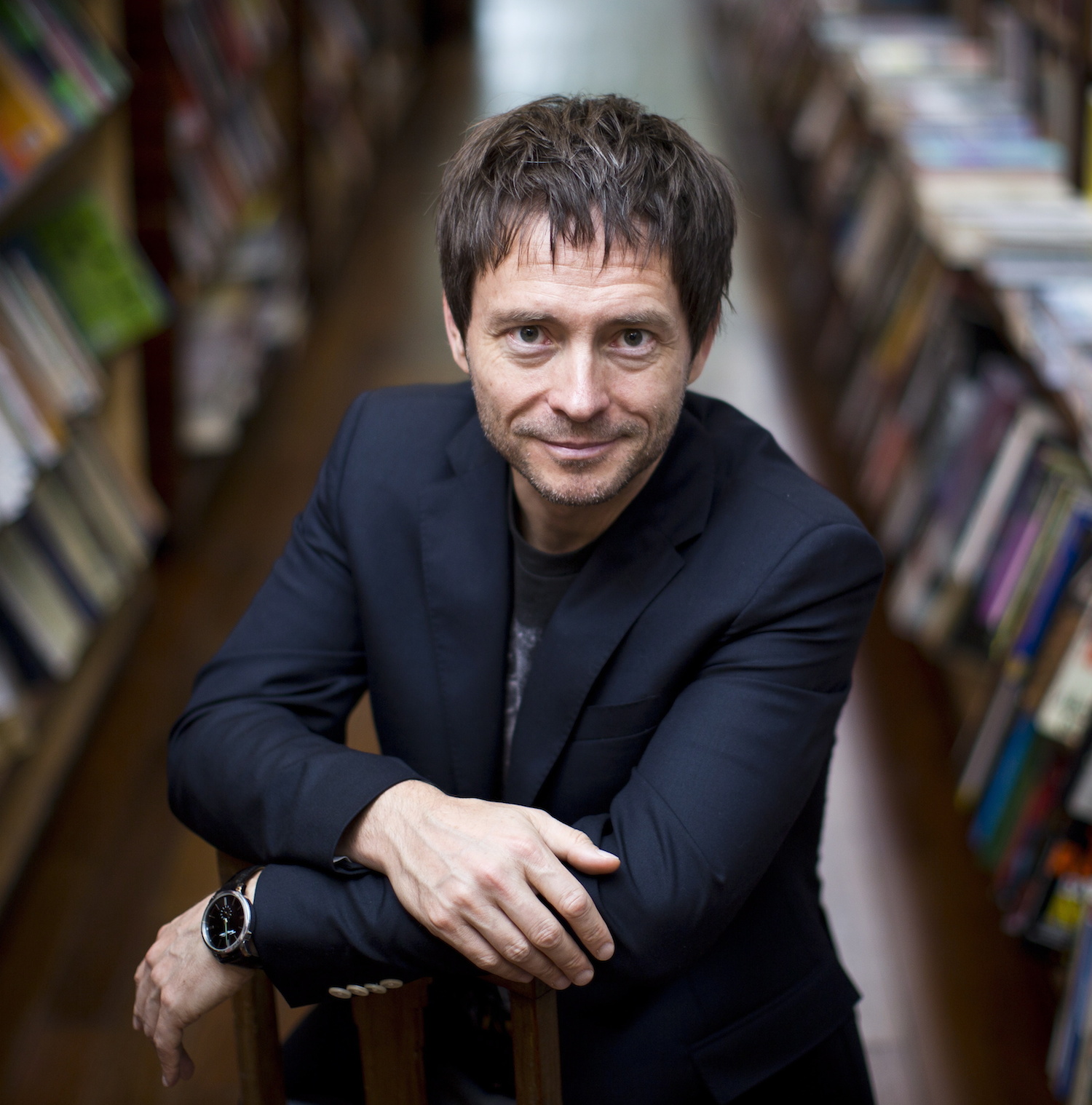
What’s it really like to be a mathematician?
This interview on KALW, San Francisco affiliate of NPR, started out with the question “What’s it like to be a mathematician?” but ended up being mostly about “What’s it like to be human?”
-
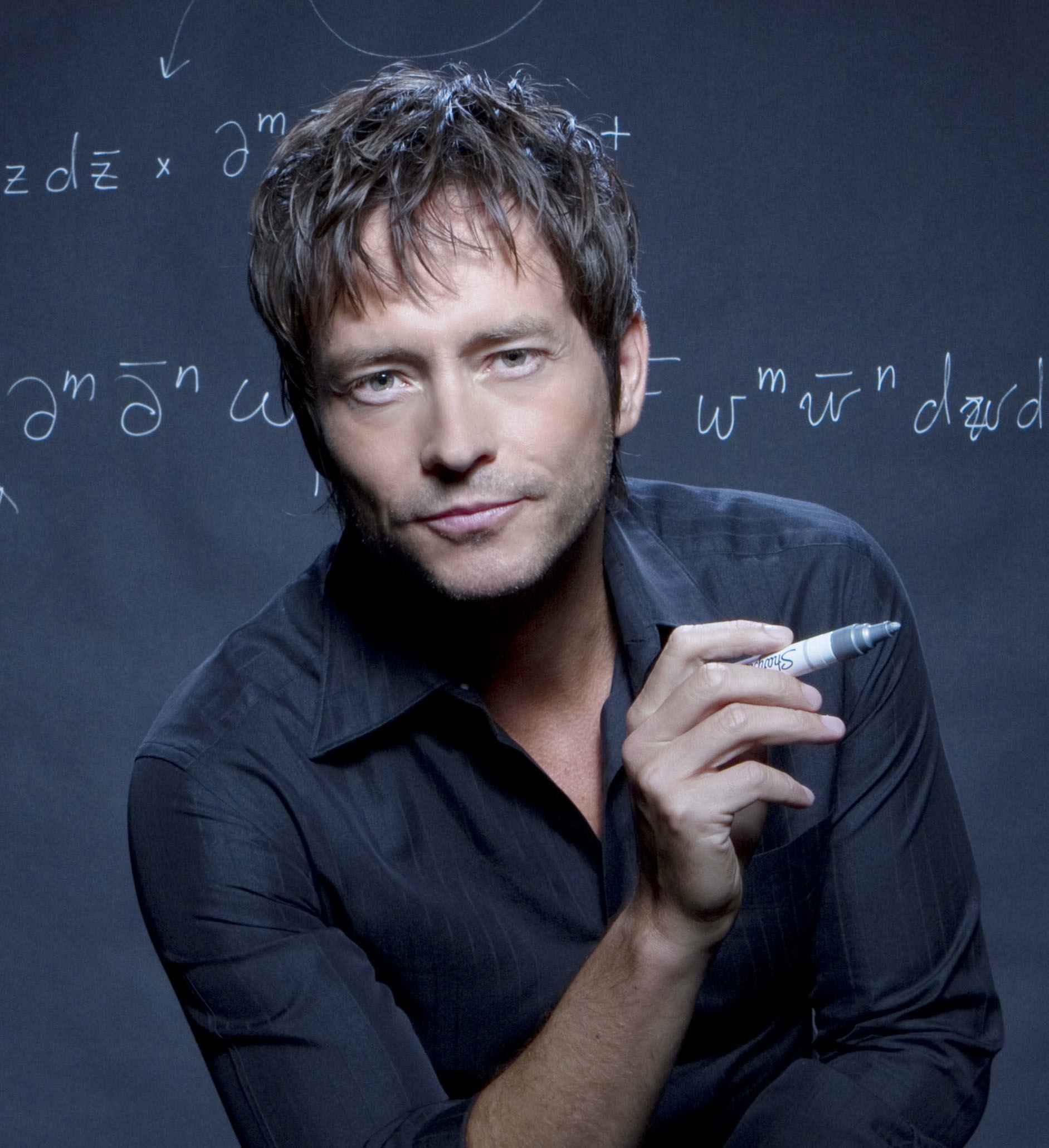
How Math Will Shape Wall Street’s Future
The global financial crisis, Frenkel argues, was sparked in substantial part by improper use of mathematical models by financial institutions. More generally, in his view, financial professionals and clients alike have much to gain by taking a greater interest in math—and…
-
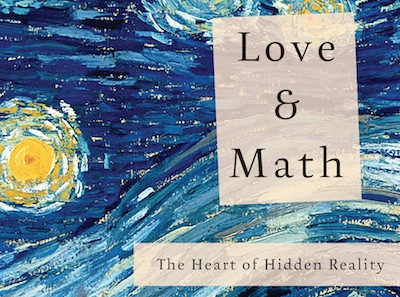
Math: Your Secret Weapon Against Wall Street & NSA
Edward Frenkel wants you to understand mathematics so economists, bankers, corporations, and intelligence agencies can’t manipulate you anymore.
-
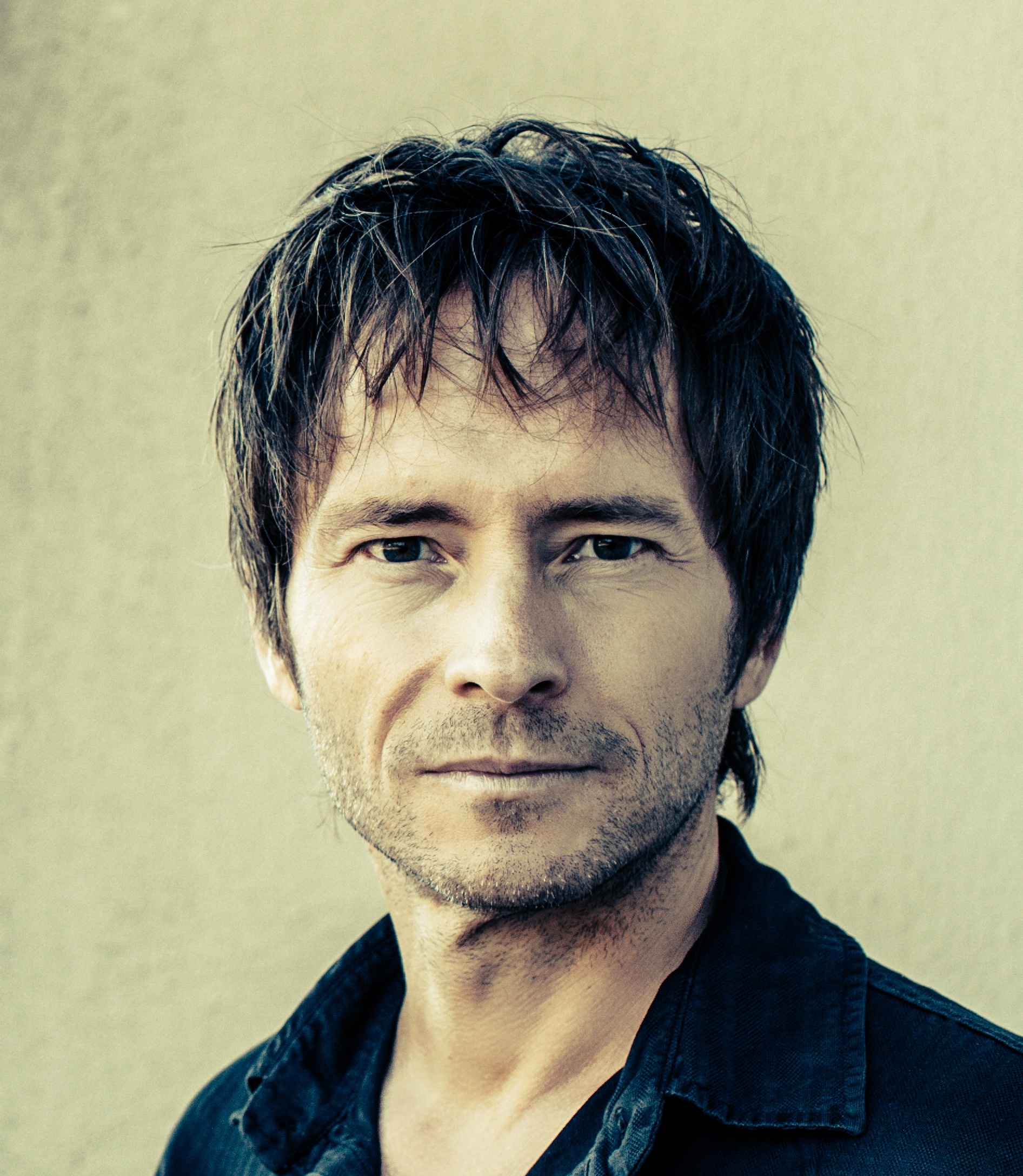
From Russia with Love, Math and Spirituality
“There is room for the spiritual in math, just as there is room for magic,”says Frenkel. “And I want us all to awaken to this hidden reality.”
-
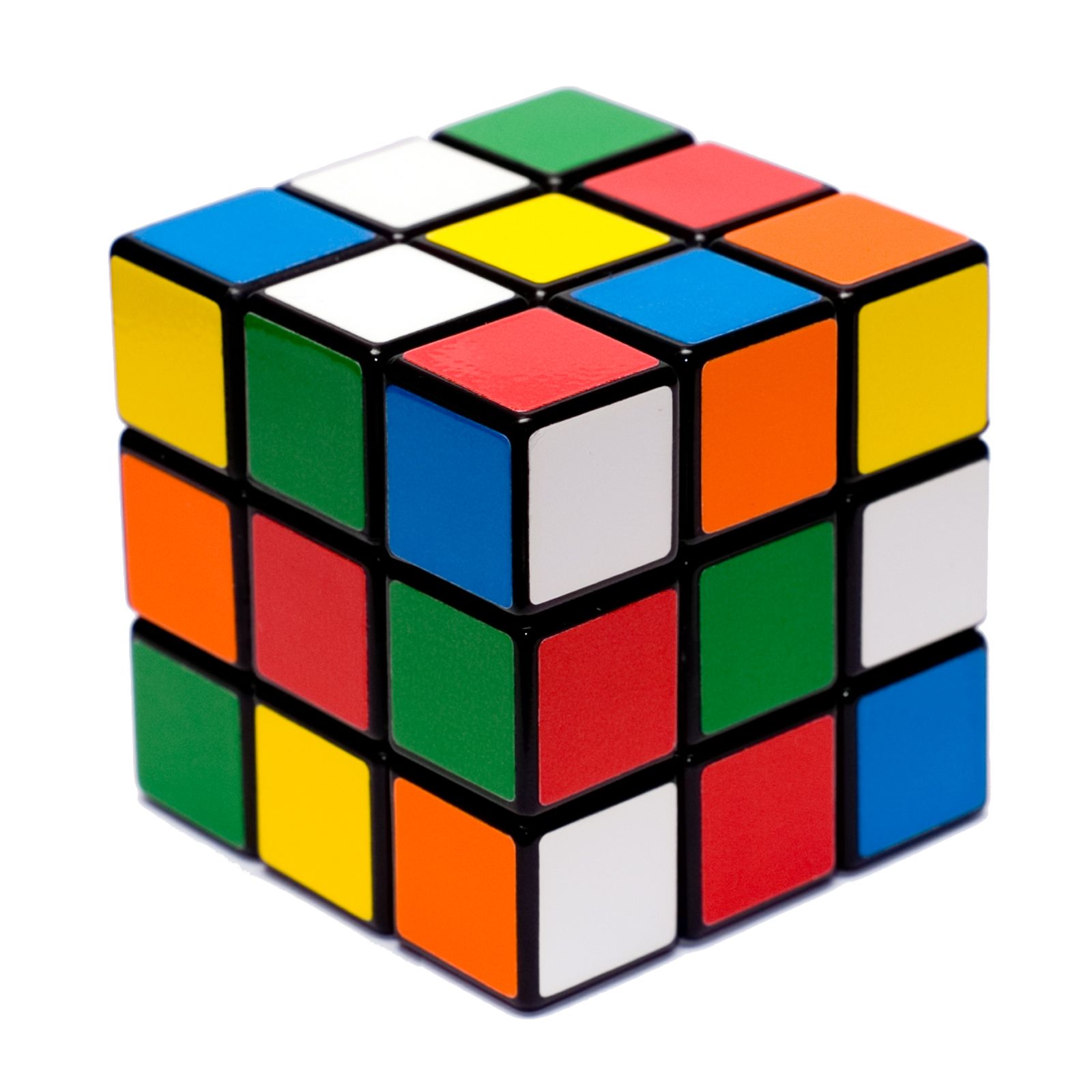
How our 1,000-year-old math curriculum cheats America’s kids
“If we are to give students the right tools to navigate an increasingly math-driven world, we must teach them early on that mathematics is not just about numbers and how to solve equations but about concepts and ideas.”
